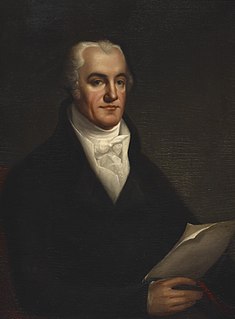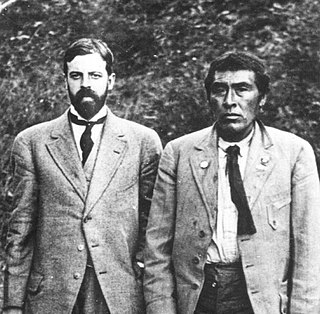A Quote by Joel Barlow
The fine arts, both in those who cultivate and those only who admire them, open and expand the mind to great ideas. They inspire liberal feelings, create a harmony of temper, favorable to a sense of justice and a habit of moderation in our social intercourse.
Related Quotes
For those in whom a local mythology still works, there is an experience both of accord with the social order, and of harmony with the universe. For those, however, in whom the authorized signs no longer work-or, if working, produce deviant effects-there follows inevitably a sense both of dissociation from the local social nexus and of quest, within and without, for life, which the brain will take to be for 'meaning'.
All civilization in a sense exists only in the mind. Gunpowder, textile arts, machinery, laws, telephones are not themselves transmitted from man to man or from generation to generation, at least not permanently. It is the perception, the knowledge and understanding of them, their ideas in the Platonic sense, that are passed along. Everything social can have existence only through mentality.
There are only three kinds of people. LEADERS. Those who take charge, build, inspire, and create. FOLLOWERS. Those who support leaders and work to achieve mutually beneficial goals.... [and] DESTROYERS. Destroyers cannot find it within themselves to follow anyone, their hatred and insecurity is too pure to see strength in any OTHER being. The utterly lack the ability to inspire or create, so they do the only thing left to them -- they tear down all they come in contact with.
'Tis certain that a serious attention to the sciences and liberal arts softens and humanizes the temper, and cherishes those fine emotions in which true virtue and honor consist. It rarely, very rarely happens that a man of taste and learning is not, at least, an honest man, whatever frailties may attend him.
Justice is a judgement that is both fair and forgiving. Justice is not done until everyone is satisfied, even those who offend us and must be punished by us. You can see, by what we have done with these two boys, that justice is not only the way we punish those who do wrong. It is also the way we try to save them.
Your average white liberal might agree with social justice in principle, and yet live quite comfortably as a "winner" in a nation whose social institutions - characterized by political exclusion, exploitation, and unequal access to resources - have systematically made others lose out. But here's the thing. Maybe it's time to get uncomfortable and upset. Maybe those feelings can be acted upon.
We forget that we create the situations, then we give our power away by blaming the other person for our frustration. No person, no place, and no thing has any power over us, for “we” are the only thinkers in our mind. We create our experiences, our reality, and everyone in it. When we create peace and harmony and balance in our mind, we will find it in our lives.
Once you have a handle on loving yourself, you can practice sharing that love with others. You’ve probably been taught to reserve the language of love for when you’re feeling overwhelmingly tender and passionate, and only for those who have made huge commitments to you. We recommend instead learning to recognize and acknowledge all the sweet feelings that make life worthwhile even when they don’t knock you over—and, moreover, learning to communicate those feelings to the people who inspire them.
[Benjamin Franklin]identified thirteen virtues he wanted to cultivate--temperance, silence, order, resolution, frugality, industry, sincerity, justice, moderation, cleanliness, tranquility, chastity and humility--and made a chart with those virtues plotted against the days of the week. Each day, Franklin would score himself on whether he practiced those thirteen virtues.
No doubt that anarchist ideas are frightening to those in power. People in power can tolerate liberal ideas. They can tolerate ideas that call for reforms, but they cannot tolerate the idea that there will be no state, no central authority. So it is very important for them to ridicule the idea of anarchism to create this impression of anarchism as violent and chaotic. It is useful for them.







































